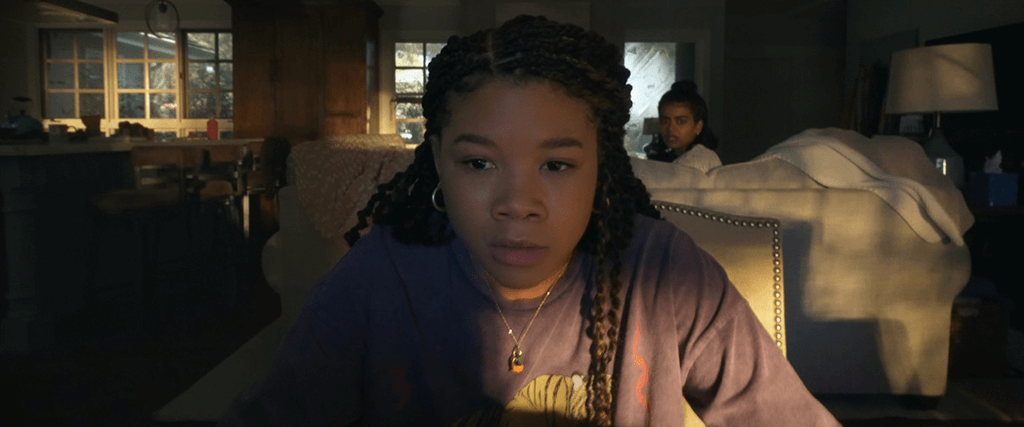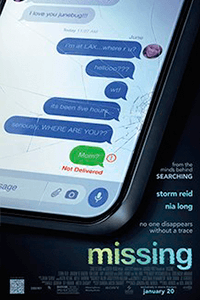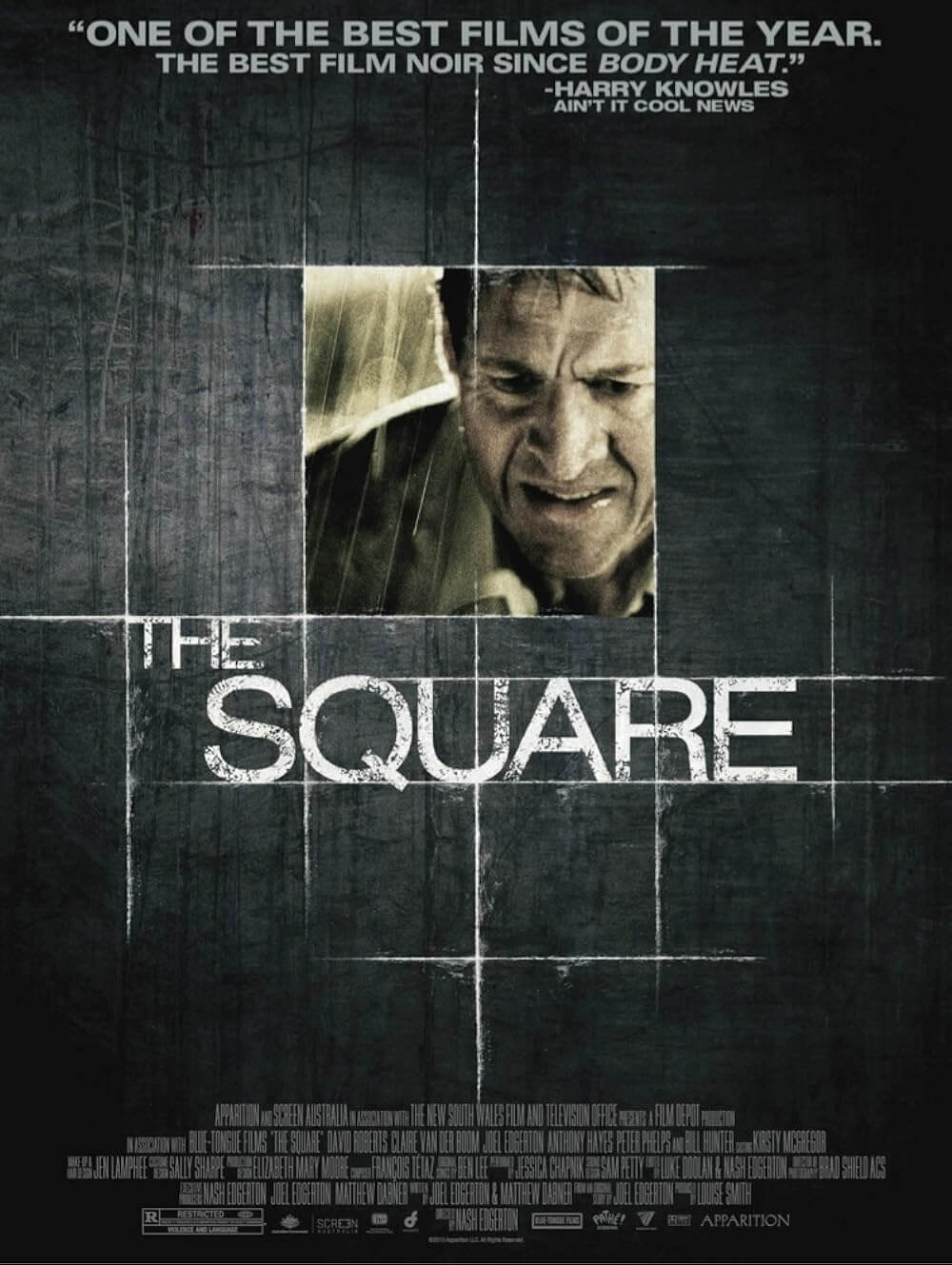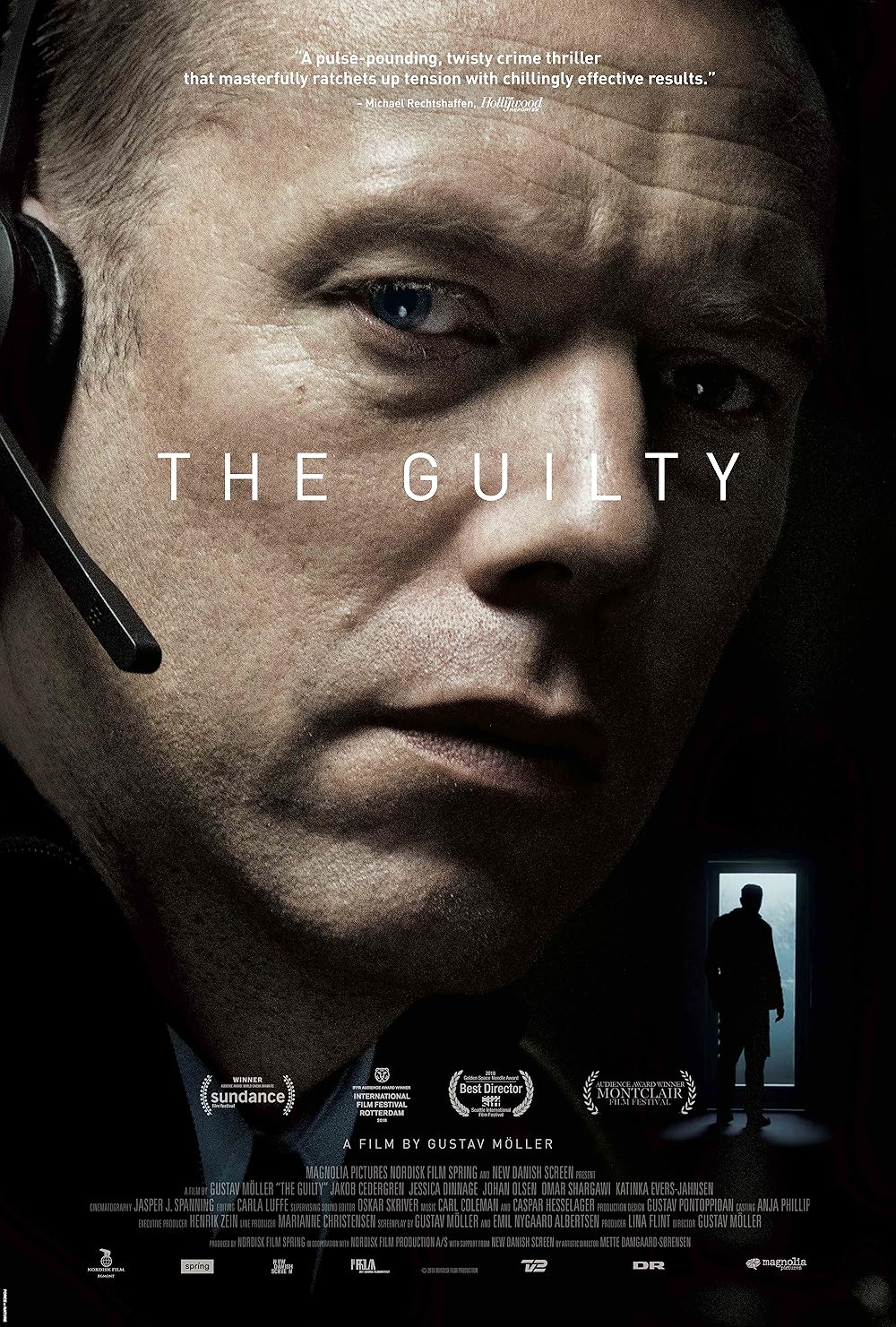Reader's Choice

Missing
By Brian Eggert |
Missing is a so-called screenlife movie steeped in our culture’s obsession with amateur sleuthing and true crime podcasts. Based on a story by Sev Ohanian and Aneesh Chaganty, the new thriller marks a pseudo-sequel to 2018’s Searching, whose editors Will Merrick and Nicholas Johnson take over as writer-directors here. The conceit is a frantic kidnapping mystery that unravels exclusively across several devices, such as computer desktops, smartphones, security cameras, various apps, and a smartwatch. An offshoot of found footage, the setup feels less spontaneous and more manufactured by comparison, leaving the viewer to feel pushed and pulled through the ensuing suspense by the editing, sometimes in clumsy ways. Unfortunately, apart from a novel twist or two, the scenario propelling this innovative presentation doesn’t hold up to scrutiny. This a shame, as the picture’s convincing cast and general conceit have potential to spare.
In the opening camcorder footage from years earlier, June (Ava Zaria Lee) records her father, James (Tim Griffin), on the eve of their final family trip together. Then June’s mother, Grace (Nia Long), interrupts the father-daughter scene, and James’ nose begins to bleed. The images unfold on Windows Media Player, and as the frame pulls back to a desktop, we see a cursor, evidently controlled by the widowed Grace, deleting a Google profile, looking over medical records that mention a brain tumor, and arranging data for a move from San Antonio to Los Angeles to start over. When Missing picks up several years later, the perspective shifts to June (now Storm Reid) and her devices, mostly a MacBook. She has recently turned 18, and her relationship with her mother is strained. Grace has started dating Kevin (Ken Leung), whom she met recently. And June remains unimpressed and still mournful over her absent father, with nothing but sarcasm and resentment toward her overprotective mother.
Merrick and Johnson’s screenplay doesn’t explore these characters in much depth. They have a basic mother-daughter conflict rooted in Grace’s overbearing behavior (“You don’t understand the sacrifices I’ve made to give you the life that you have”) and June’s teenage aversion to being mothered. The writers have carefully crafted their scenario to drop subtle clues that will become important later, leading to the reveal of another dimension, making the leads two-dimensional at best. Still, Long and Reid fill their roles convincingly, with the young performer having more to do once the mystery kicks into gear. With Grace and Kevin leaving for a weekend trip to Colombia, June searches “How to Throw a Rager on a Budget,” trying to stretch the emergency funds her mother Venmoed her. But she resents that her mom’s attorney friend Heather (Amy Landecker) will be checking up on her over the weekend, prompting her passive-aggressive thumbs up to her mom’s “Love You” text. After her weekend of partying, June finds that her mother and Kevin don’t return to Los Angeles as planned, and her mother isn’t answering her phone or texts. So June searches through her mother’s digital footprint for clues.
The mystery—teeming with misdirections and red herrings galore—finds June engaging in light ID theft to access various accounts, reset passwords, scour search histories, stalk social profiles, mine credit card purchases, and awkwardly read her mom’s online dating messages to uncover at what point in their trip her mother and Kevin disappeared. June even registers for Colombia’s equivalent to TaskRabbit and enlists the help of a local Colombian man, Javier (Joaquim de Almeida), to help her access security footage and scout locations on Kevin’s Google Timeline. Meanwhile, in a convenience the filmmakers added for the viewer as opposed to realistic habit, June constantly leaves her MacBook camera on, even when she’s alone, giving the audience someone to watch. But throughout the barrage of digital information, the viewer notices details before our protagonist. Along with Missing’s conventional thriller setup and predictable genre trappings, the viewer waits for June to catch up and confirm twists you suspected five minutes earlier.
Given the omnipresence of the internet, screenlife films have the potential to comment on our culture and raise questions about how we’re all obsessed with screens. Missing—which exists within the same cinematic universe as Searching after a brief allusion to that film’s unrelated disappearance—doesn’t have much to say on this subject. Here, screens function as little more than a stylish form factor for dispensing narrative information, each containing a digital breadcrumb or method of communication between characters. Merrick and Johnson make a few innovations in the technique, such as cutting to a flashback of Grace’s screens, which sheds light on a few details. But where most screenlife films represent something akin to found footage, this story doesn’t progress in real-time; rather, the editors (Austin Keeling, Arielle Zakowski) decide when to break from June or Grace’s in-the-moment screen activity to share information via sound bites and news stories.
Given this, Missing doesn’t always feel like a screenlife movie. Instead, it plays like you’re being manipulated by a crafty montage of screens rather than watching a story progress naturally. It plays games with time, leaping backwards and forwards because the writers couldn’t figure out how to make the story work in the here and now. Note also how the filmmakers use digital animations to bridge scenes from one app to another, making the result a slicker, more visually appealing experience but hardly more immersive or realistic next to other entries in the sub-subgenre. By contrast, 2020’s HOST, about a haunted Zoom call, took place in real-time and never broke from the immediacy of the plot, making every moment feed into the next—and regardless of its supernatural strain, HOST is strangely more authentic than the otherwise grounded story of Missing. Quibbles about the inconsistent format aside, the movie offers a fine showcase for Reid and Long in a kidnapping yarn that may keep your attention if you can get beyond the presentation’s downfalls.
(Note: This review was originally suggested on and posted to Patreon on March 21, 2023.)

Unlock More from Deep Focus Review
To keep Deep Focus Review independent, I rely on the generous support of readers like you. By joining our Patreon community or making a one-time donation, you’ll help cover site maintenance and research materials so I can focus on creating more movie reviews and critical analysis. Patrons receive early access to reviews and essays, plus a closer connection to a community of fellow film lovers. If you value my work, please consider supporting DFR on Patreon or show your support in other ways.
Thank you for your readership!
Brian Eggert | Critic, Founder
Deep Focus Review







